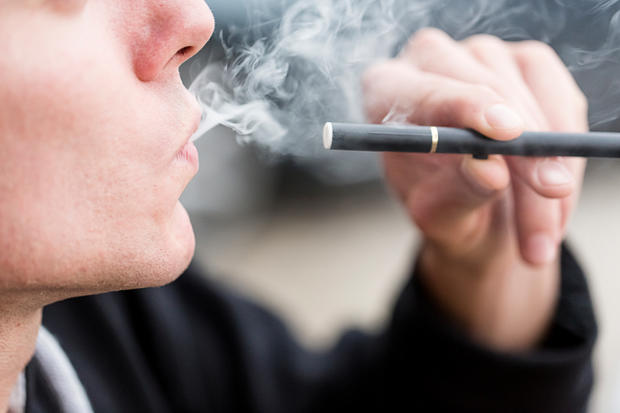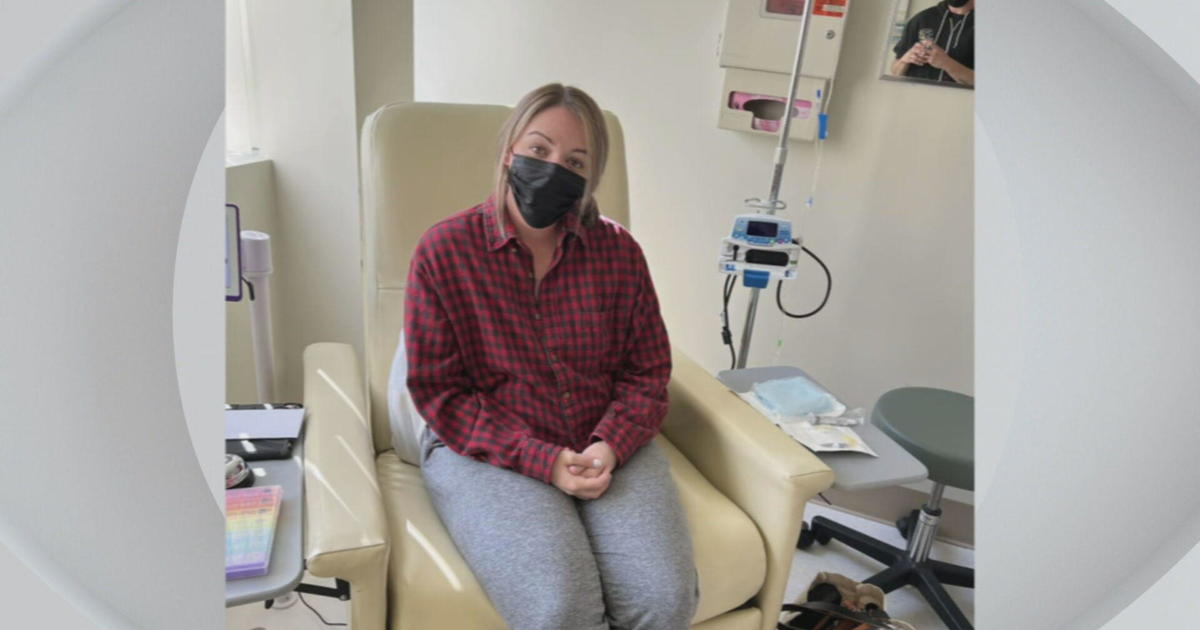E-Cigarettes And Heart Health: An Aid To Quitting Or A Smoldering Risk?
By Beth Israel Deaconess Medical Center
Electronic cigarettes, or e-cigarettes, are a hot item these days. In fact, about 21 percent of adult cigarette smokers tried them in 2011, up from 10 percent the prior year, according to the Centers for Disease Control and Prevention.
E-cigarettes — battery-operated devices that often resemble real cigarettes, pipes or cigars — are designed to deliver a vapor that is inhaled instead of regular cigarette smoke.
"E-cigarettes use an electronic heating mechanism to heat the nicotine and chemicals within," explains Amjad T. AlMahameed, MD, MPH, an interventional cardiologist and endovascular specialist in the CardioVascular Institute at Beth Israel Deaconess Medical Center.
The Drawbacks
The seemingly innocuous e-cigarette vapor is not as innocent as many people believe. It contains nicotine, artificial flavors and other chemicals.
The reality is that any form of nicotine can harm cardiovascular health, particularly if not tightly controlled. Nicotine toxicity has been shown to cause narrowing of blood vessels, heart attacks and strokes, in addition to other health risks and conditions, according to AlMahameed.
Unfortunately, manufacturers of these devices lack a standard formula to dictate the amounts and mix of chemicals used, as well as the amount of heat applied.
"The problem is that these products are new, and have not been adequately tested for safety or their ability to help people quit smoking," explains AlMahameed. "We are not at a point where we can be assured of the amount of nicotine used. Carcinogens have been found in the vapor of some products, and several varieties that were advertised as nicotine-free do contain nicotine. The FDA needs to develop a task force to regulate these products."
Possible Benefits
E-cigarettes are not all bad, however.
"We still have to consider that up to 4,000 chemicals can be found in traditional cigarettes, and with e-cigarettes, we've only discovered a few," says AlMahameed. "So if you compare risk of this to traditional cigarettes, these are potentially safer.
"The premise of the e-cigarette recognizes that smoking addiction goes beyond delivery of nicotine. Smoking is a ritual, and the e-cigarette does provide an alternative to the ritual of smoking more similar to the real thing. We had one patient who had open-heart surgery and did quit smoking using e cigarettes," adds AlMahameed. "They produce a clean, odorless vapor that dissipates quickly. For this patient, he took one puff and he was all set — it kept him away from [real] cigarettes."
But the short- and long-term effects of inhaling nicotine vapor have not been sufficiently studied. In comparison, the delivery of nicotine through nicotine patches on the skin or orally through chewing gum or lozenges have been shown to be harmless and are approved by the FDA as nicotine replacement therapies.
More data is forthcoming. An ongoing trial in New Zealand is now underway, using more than 600 patients in a controlled investigation to compare the nicotine patch with e-cigarettes as methods for giving up cigarette smoking.
The Final Analysis: Quit!
"From a physician standpoint, I don't recommend e-cigarettes as a reliable means of quitting a smoking habit," stresses AlMahameed. "We wish that the e-cigarette would be a magic device, but that's not the case. You are replacing one habit for another, which could be harm-reducing but not harm-free. If this is working for you now, you still need to look at other ways to wean yourself from smoking. The main message is that this is not the answer. Quitting smoking is a life-long maintenance program."
AlMahameed compares smoking cessation to weight loss and feels that quitting is an important life event. He recommends planning the start date and preparing weeks in advance.
"If your partner smokes, try to go at this together," he advises. "As your quitting day approaches, start tossing lighters, matches and ashtrays. As you get closer, postpone your first cigarette til noon and then push it off until dinnertime. I recommend drinking a lot of water, eating apples, or chewing gum if you need to."
Discuss your plans with your physician and ask for guidance or a prescription for nicotine replacement gum, patches and other prescription medications to help with cravings.
"It gets easier with time, and even if it takes months to quit, you are reducing lifelong risk of heart disease and cancer," says AlMahameed. "When one of my patients quits, I send them a 'congratulations' card. It's a major life hurdle, and I feel that it's an encouragement to know that your doctor is watching. If I believe in them, it helps them to believe too."
From the American Heart Association: Resources for Quitting Smoking
Above content provided by the CardioVascular Institute at Beth Israel Deaconess Medical Center. For advice about your medical care, consult your doctor.
Posted January 2014




